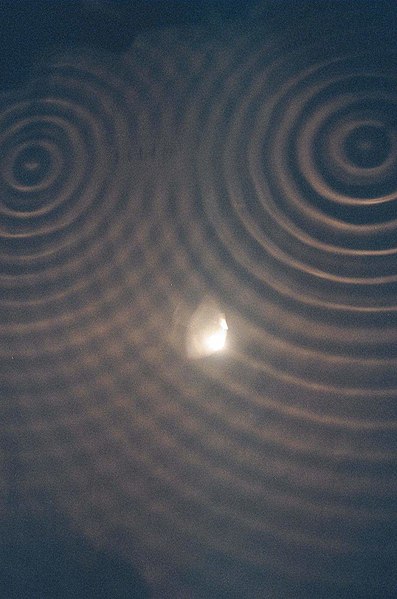Hotdog
Well-Known Member
There is an argument to be made that given the molecular structure of an individual brain, and the differences from other brains, and the differences in environment and situation that each brain is placed in, that every choice is determinable if you could perfectly understand all variables associated with thought, both biological and environmental. In other words, I think you could make an argument that free will really does not exist and is merely the output of a very very complex program running on hyper-complex computational equipment, and if you could understand all those variables you could within a very tight tolerance predict future decisions that an individual would make.
Ive read about a few studies, and seen a couple on video of evidence that suggests that our brains know whats coming before it materializes. Such as, a test where lights were used and the subject just had to signal with the push of a button which light lit up. The tests showed that the brain would signal its choice before the picture was even shown. Its been a while since I have read about it so the details my be a little off.
Not sure how credible the tests were, but never the less, someone was claiming. So It would lend support to what you are saying.


